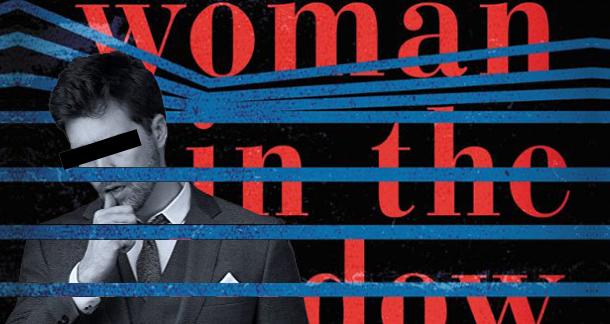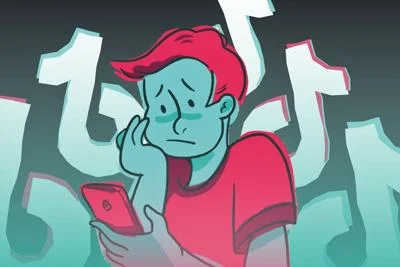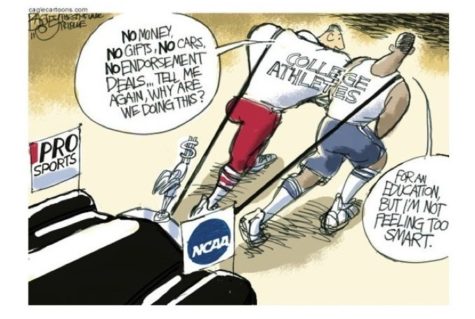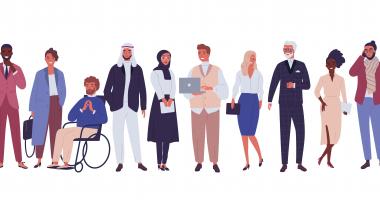Authors are stealing and selling real struggle stories
What does it mean when an author fabricates the story of their life? What does it mean when an author fabricates a story to fit a unique criteria of “diversity?” Does it make their work more appealing, or more on demand?
Washington Post article, “Should readers care if novelist, Dan Mallory lied about his life story,” by Sunny Bunch, is about the falsification of Mallory’s onerous upbringing. His book The Woman in the Window debuted as Number 1 on the New York Times Best Seller list. He earned a substantial amount of money from his book sellings and for the upcoming film screening in October of 2019.
Mallory presented himself as someone who beat all odds. He claimed that he took care of his mother when she was alive and had cancer, that his brother committed suicide, and that he had brain cancer. In spite of all these odds, he apparently managed to get his PhD from Oxford. It’s almost too good to be true–because it is.
His mother and brother are still alive. His medical history shows no proof of cancerous tumors ever being found in him. He took a course at Oxford, but did not complete his time there. Dan Mallory lied to interviewers, superiors and colleagues about his life story.
“Want to sell a book? Start lying,” says The Outline writer Jessa Crispin. According to her research, Mallory lied throughout his resume, the resume that caught the attention of Craig Raine, editor of Arete literary magazine. Craig has published some of the biggest names, such as Ian McEwan, and longed to add Mallory to his distinguished company. As Craig describes it, what impressed him was the authenticity that Mallory’s story seemed to have. According to Craig, who read Mallory’s resume, when Mallory talked about his tough life, he was careful not to exaggerate or complain. Instead he talked about the obstacles as learning opportunities.
Crispin describes Mallory as a “con man using a sob story to sashay his way to literary power,” a phenomenon that according to her is “actually extremely common. The publishing industry not only attracts but rewards these fraudsters in large numbers. It fetishizes and exploits so-called authentic experience, especially from marginalized populations, but its insularity and homogeneity make it ill-equipped to detect fakery.”
For instance, a few examples of fake sob stories include:
Margaret B. Jones wrote about being a mixed, half-Native inner city gang member. Her autobiography, A Memoir of Survival and Hope, a story about overcoming hardship was praised by The New York Times. Her true story: a Caucasian woman who grew up in the “well-to-do” Sherman Oaks in Los Angeles.
James Frey wrote a memoir, A Million Little Pieces, about violence, hardship and a life of addiction. His work was praised by Oprah, Amazon and other platforms. Oprah Winfrey interrogated the credibility of the book and after six weeks of interrogation with website The Smoking Gun, Frey’s publisher, Nan Talese revealed that she had “done nothing to check the book’s veracity.”
Daniel Lewis James, “Danny Santiago” wrote a “supposed” autobiographical novel, Famous All Over Town, about a teenage Chicano moving in and out of gang life in Los Angeles. “Daniel” is not a Mexican American, he is a Caucasian male from Minnesota.
Laura Albert, “JT LeRoy” wrote a series of threes autobiographies about working as a gas station prostitute, about being trans, having AIDS, living in a neighborhood vulnerable to crime and substance use, and of having an abusive mother. JT LeRoy is actually Jewish New Yorker, Laura Albert, a Caucasian woman who grew up loving punk and participating in the skinhead movement in New York. A life that proved that she had not endured any of the obstacles she described in her autobiographies
Inconvenient backstories add diversity and variety to the literary industry. Books that explore diverse identities are on high demand by the audience because readers seek comfort in reading something personal.
Dan Mallory, Margaret B. Jones, James Frey, Daniel Lewis James and Laura Albert are all incredible writers. Their work is good quality, they are well educated, and have equipped themselves to join this industry. What complicates the credibility of their success is that they lied about their life stories to gain more opportunities. They used impoverished stories of being members of a marginalized community in America to inauthentically voice the stories of the unheard. The literary world wants variety in its writers, writers from marginalized communities: P.O.C, LGBTQ, communities vulnerable to crime and substance usage, immigrant stories and so on. Unfortunately, the story of hardship has become glorified and simply used as a tool to open doors for literary opportunities. Privileged people have their own discomforts, yet they are successfully selling false tales about having arduous experiences that authentic marginalized authors can tell.
https://www.vox.com/culture/2019/2/4/18210595/dan-mallory-woman-in-window-aj-finn-new-yorker-profile
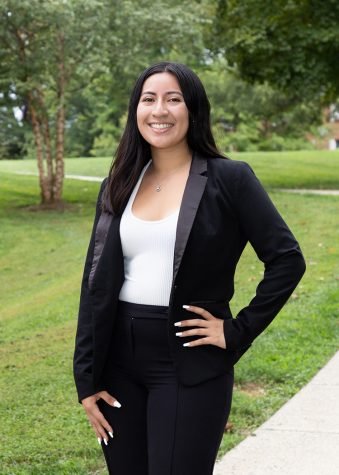
Hi everyone! I'm Michel Ruiz Fuentes, and I'm a senior. I've been a writer and editor for Wildezine for the past three years. I am excited to publish op-ed...

